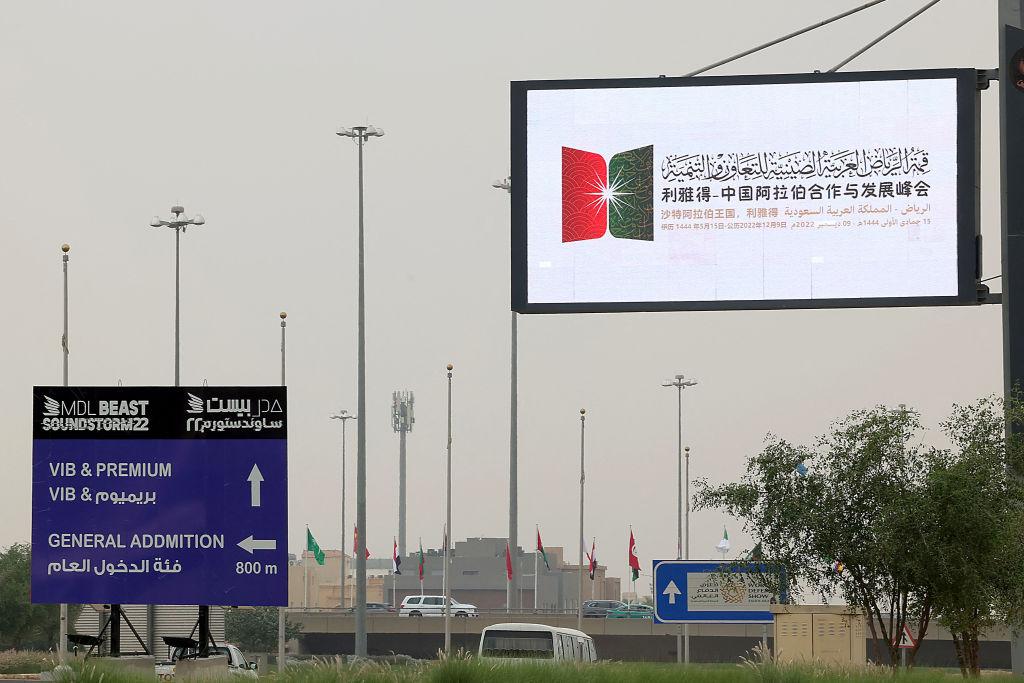Commentary
One of the most important historical markers revealed by communist Chinese leader Xi Jinping’s visit to Arabia in December 2022 was that outside powers no longer control the greater Middle East.

One of the most important historical markers revealed by communist Chinese leader Xi Jinping’s visit to Arabia in December 2022 was that outside powers no longer control the greater Middle East.